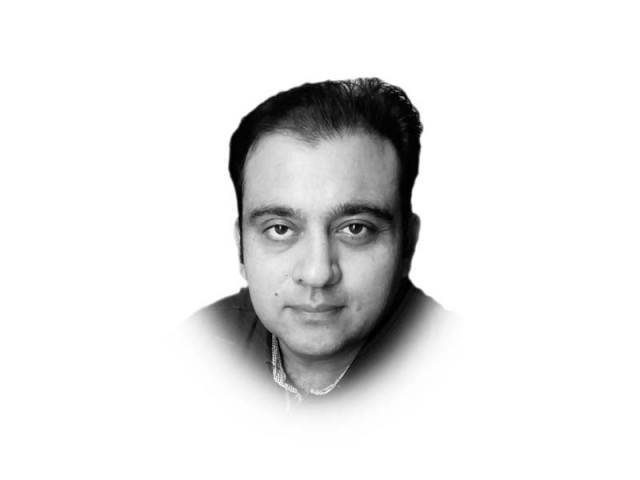Pakistan’s Afghan problem
Pakistan maintains its diplomatic mission in Kabul shows that there is already a de facto recognition of Taliban

The Afghan Taliban finally announced an interim government 23 days after taking control of Kabul in a lightning speed that stunned the world. The 33-member cabinet is headed by Mullah Hasan Akhund, one of the co-founders of the Taliban movement. Mullah Abdul Ghani Baradar who was earlier tipped to become the Prime Minister would serve as his deputy. Mullah Yaqoob, the son of Mullah Omar, would be the defence minister while Sirajuddin Haqqani has been tasked with the interior ministry.
The cabinet has no woman. Only three members are non-Pashtun but those too are hardcore Taliban leaders. That is why the interim government drew criticism from certain western countries which sought inclusive and broad-based government.
The question is: will the world, particularly the west, recognise the Taliban government? The initial reaction shows that the US, EU and Britain will not recognise them while they will maintain contacts with the Taliban.
But irrespective of the position of other countries, Pakistan has decided in principle to recognise the Afghan Taliban government. The formal announcement would be made at an appropriate time in consultation with key regional partners. Although there is no formal announcement yet, the fact that Pakistan maintains its diplomatic mission in Kabul shows that there is already a de facto recognition of the Taliban government.
The decision was taken not out of choice but out of compulsion, say officials with the knowledge of the development. Being a neighbouring country, Pakistan has no option but to work with the government in Kabul no matter who is in charge. It was because of this reason that Islamabad tried hard to work with the previous Afghan administration despite their hostility towards Pakistan.
The reason behind Pakistan’s strategy stems from its fears that any instability in Afghanistan will have catastrophic consequences for the country. The officials listed certain reasons for this move viz, (a) if Afghanistan is left on its own, there will be economic and humanitarian crises, resulting in mass exodus of refugees, (b) economic and humanitarian crises will also create a security vacuum inside Afghanistan that would threaten security in Pakistan and beyond, (c) Pakistan believes that while Afghan Taliban need to prove through their conduct that they have changed since the last time they ruled Afghanistan, the best way to move forward is to engage with the new government in Kabul, and (d) Pakistan feels being remained engaged with Taliban will provide leverage to the world over the new rulers of Afghanistan.
Pakistan is hoping that at least key regional countries including Russia, China and Iran would adopt a pragmatic approach on Afghanistan. In order to convince other countries, which may be reluctant to work with the new dispensation in Kabul, Pakistan has already launched a diplomatic initiative. Pakistan is telling the world, particularly the West, that while they can wait and see whether Taliban live up to their promises, resorting to any sanctions will only aggravate the problems for the people of Afghanistan. It is because of this reason that Pakistan is actively pursuing with the US to unfreeze the foreign assets of Afghanistan. The humanitarian situation in Afghanistan is so dire that every third Afghan does not know if he/she will have the next meal, according to the special UN envoy on Afghanistan. Despite the fact that the US spent a whopping $2.3 trillion in Afghanistan, its economy is on the verge of collapse.
This naturally begs a question: what did the US achieve in the last 20 years in Afghanistan? When 9/11 happened the Taliban were ruling Afghanistan and today the group is once again back in power. For the US, the Afghan chapter may be over but for Pakistan, the Afghan problem is far from over!
Published in The Express Tribune, September 13th, 2021.
Like Opinion & Editorial on Facebook, follow @ETOpEd on Twitter to receive all updates on all our daily pieces.















COMMENTS
Comments are moderated and generally will be posted if they are on-topic and not abusive.
For more information, please see our Comments FAQ